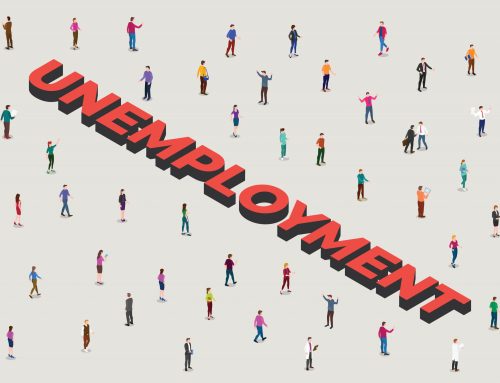April 11, 2023
Employers in the United States added only 236,000 jobs in March, falling short of estimates and showing that the labor market is cooling under the Federal Reserve’s yearlong rate-hiking effort to lower inflation.
According to the Bureau of Labor Statistics’ March jobs report, the unemployment rate fell to 3.5%.
According to Refinitiv, economists expected a net gain of 239,000 jobs for the month and a 3.6% unemployment rate. This is the first jobs report in a year that fell short of forecasts.
While the US labor market has remained strong despite other sections of the economy contracting as a result of interest rate hikes, it is beginning to cool.
“The labor market in March came in like a lion with a banking crisis and more layoffs, and is leaving like a lamb with a solid jobs report,” Glassdoor’s head economist Daniel Zhao said in a statement. “The labor market is still strong, but it’s easing back to Earth.”
Over the last 12 months, the labor market has experienced a net increase of more than 4.1 million jobs, with a monthly gain of 345,417 positions, helping to reduce the jobless rate to decades-low levels.
The March total is a significant decrease from February’s upwardly revised 326,000 job gains and January’s monster job tally — originally 517,000 but later revised down to 472,000.
The 236,000 new jobs added in March are the fewest since a decrease in December 2020. It’s the smallest monthly job gain since December 2019, excluding the losses seen during the first year of the pandemic.
However, the job market remains above pre-pandemic levels: between 2010 and 2019, the economy added 183,000 jobs each month on average.
In a statement released Friday morning, President Joe Biden termed the March employment report “a good jobs report for hardworking Americans.”
Jobs were added in industries such as leisure and hospitality, health care, and government. Retail trade, temporary help, manufacturing, construction, and information services were among the industries that reported monthly losses.
“Industries that were facing acute labor shortages, particularly hospitality, are making significant gains in regaining the workforces that they required,” Jim McCoy, senior vice president at ManpowerGroup, told CNN. “We saw some moderation in a few other sectors, such as government and health care, and then pretty much stability in the majority of the other sectors.” You have a few decreases – retail fell 15,000 — but in the great scheme of things, that’s not an alarming decline; that’s just a regular wobble within a month.”
Source: CNN
Legal Notice: The information in this article is intended for information purposes only. It is not intended for professional information purposes specific to a person or an institution. Every institution has different requirements because of its own circumstances even though they bear a resemblance to each other. Consequently, it is your interest to consult on an expert before taking a decision based on information stated in this article and putting into practice. Neither Karen Audit nor related person or institutions are not responsible for any damages or losses that might occur in consequence of the use of the information in this article by private or formal, real or legal person and institutions.






